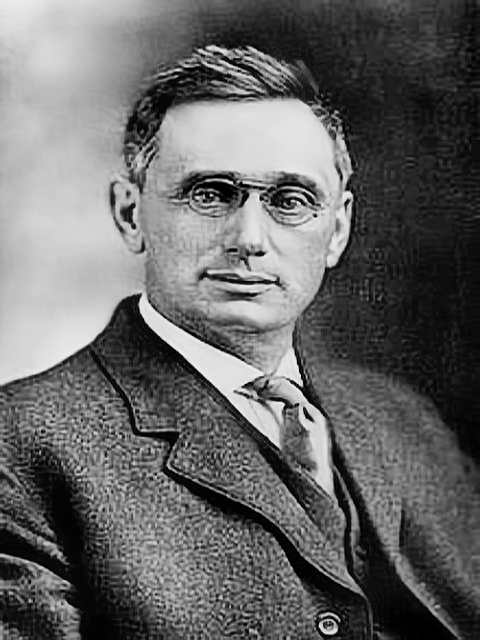Louis Brandeis journey to the Supreme Court, marked by staunch incorruptibility, remains a testament to resilience against the influence of power, money, and bribery.
Louis Brandeis: A Just Appointment Remembered on its Anniversary
In the annals of legal luminaries, Louis Brandeis stands as a beacon of brilliance, impassioned by the pursuit of justice, societal betterment, and an unwavering commitment to integrity. As we mark the anniversary of his appointment to the Supreme Court on this day, it’s an opportune moment to delve into the complexities surrounding this legal luminary and the resistance he faced.
Brandeis, characterized by his brilliance and an unyielding dedication to justice, was an incorruptible force in the legal arena. Incorruptible not in a literal sense, but in his resilience against the influences of power, money, or any form of bribery. With such qualities, one might assume that his nomination to the Supreme Court in 1916, by then-President Woodrow Wilson, would be universally acclaimed. However, the reality was far from unanimous approval.
The opposition to Brandeis’s nomination stemmed from multifaceted reasons, revealing the intricacies of political and social dynamics of the time. A central point of contention was Brandeis’s fervent advocacy for social justice. His relentless crusade against monopolies, big corporations, and the powerful elite earned him the moniker “the People’s Lawyer” and likened him to a “Robin Hood of the law.” While standing up against unfair practices is commendable, it often created tensions with the wealthy and powerful, a group to which many politicians belonged.
Furthermore, Brandeis encountered resistance due to his Jewish identity, a reflection of the prevailing antisemitism in America during that era. Despite the progress made since World War II and the Civil Rights Movement, antisemitic sentiments were deeply rooted, influencing perceptions and decisions. Brandeis’s confirmation became a battleground where his faith collided with the prejudices of the time.
Fortunately, Brandeis triumphed over adversity and secured his place as a Supreme Court Justice. His judicial legacy extends beyond mere tenure, with profound impacts on crucial issues like free speech and the right to privacy. His written opinions on these matters are celebrated as some of the most formidable defenses articulated by a Supreme Court Justice.
Delving into the life of Louis Brandeis reveals a tapestry woven with fascinating details:
- Brandeis’s parents immigrated from Bohemia, now part of the Czech Republic.
- Graduating from Harvard Law School at the tender age of 20, he held the highest grade average in the law school’s history.
- The law firm he founded in Boston, now known as Nutter McClennen & Fish, remains operational today, boasting a stellar reputation.
Beyond his individual accomplishments, Brandeis’s appointment as the first Jewish Supreme Court Justice opened doors for subsequent justices. From Benjamin Cardozo in 1932 to the current trio of Jewish justices, Brandeis’s legacy endures.
His contributions extended beyond the courtroom, as Brandeis is hailed as a pioneer in pro bono work. Advocating for the public good, he played a pivotal role in shaping the concept of pro bono service that is now integral to the legal profession.
As we reflect on Louis Brandeis’s indelible mark on American jurisprudence, we are reminded of his enduring words that continue to resonate.


